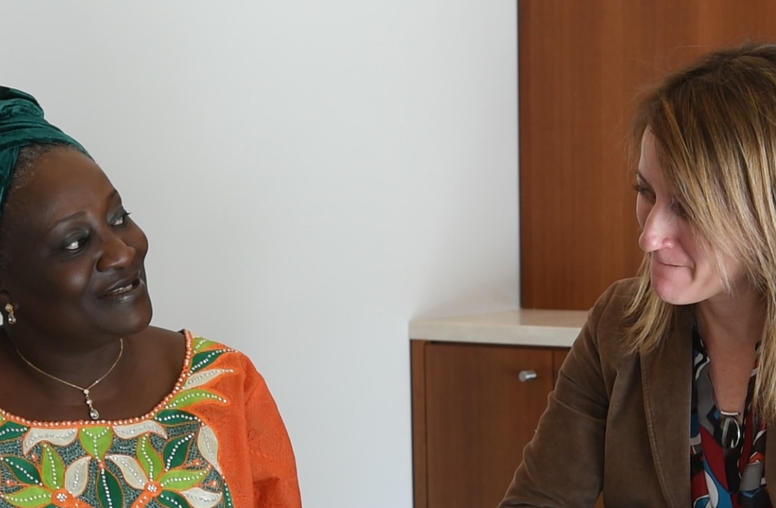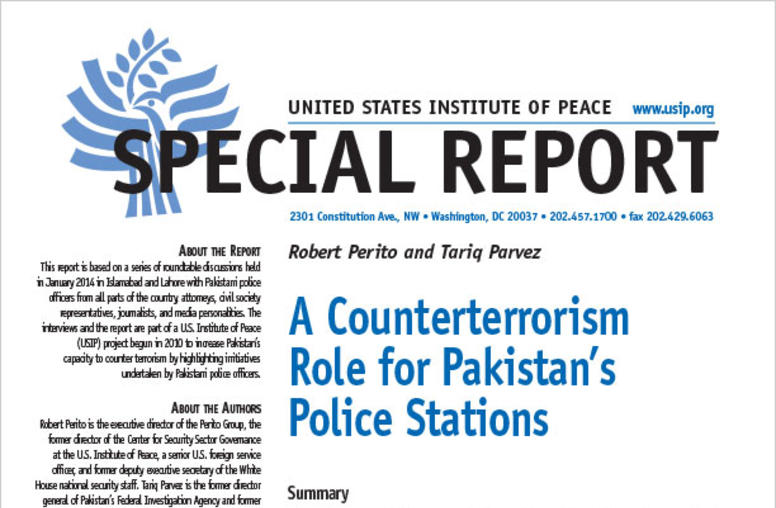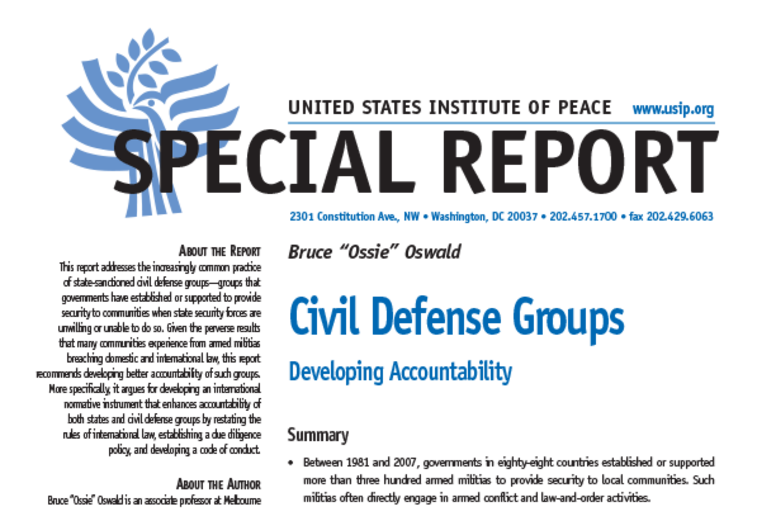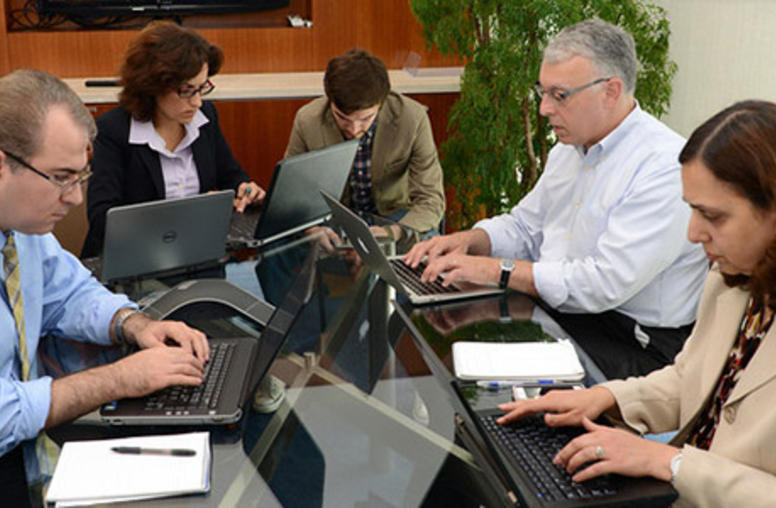The EU’s Experience with Security Sector Governance
This report examines the EU’s experience in supporting the transformation of ministries of interior to draw lessons for assistance programs and make recommendations for future cooperation.
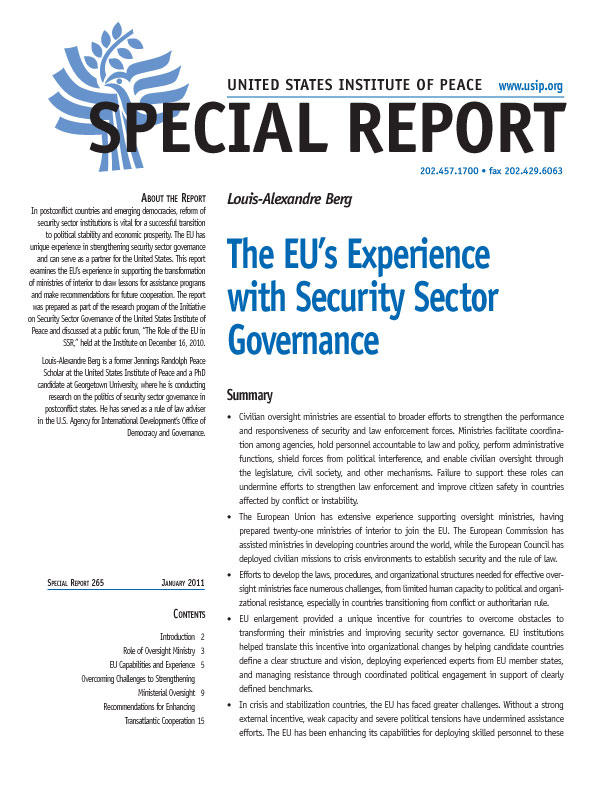
Summary
- Civilian oversight ministries are essential to broader efforts to strengthen the performance and responsiveness of security and law enforcement forces. Ministries facilitate coordination among agencies, hold personnel accountable to law and policy, perform administrative functions, shield forces from political interference, and enable civilian oversight through the legislature, civil society, and other mechanisms. Failure to support these roles can undermine efforts to strengthen law enforcement and improve citizen safety in countries affected by conflict or instability.
- The European Union has extensive experience supporting oversight ministries, having prepared twenty-one ministries of interior to join the EU. The European Commission has assisted ministries in developing countries around the world, while the European Council has deployed civilian missions to crisis environments to establish security and the rule of law.
- Efforts to develop the laws, procedures, and organizational structures needed for effective oversight ministries face numerous challenges, from limited human capacity to political and organizational resistance, especially in countries transitioning from conflict or authoritarian rule.
- EU enlargement provided a unique incentive for countries to overcome obstacles to transforming their ministries and improving security sector governance. EU institutions helped translate this incentive into organizational changes by helping candidate countries define a clear structure and vision, deploying experienced experts from EU member states, and managing resistance through coordinated political engagement in support of clearly defined benchmarks.
- In crisis and stabilization countries, the EU has faced greater challenges. Without a strong external incentive, weak capacity and severe political tensions have undermined assistance efforts. The EU has been enhancing its capabilities for deploying skilled personnel to these environments and for leveraging member states’ relationships with countries affected by conflict, to help them overcome political obstacles. Yet the EU has often struggled to achieve the coherence among member states and institutions necessary to support locally driven reforms.
- The United States can learn from the EU’s successes and challenges by paying attention to the role of oversight ministries in the development of security and law enforcement forces overseas. To build its capacity to strengthen oversight ministries and other components of security sector governance, the United States should recruit personnel with broader sets of skills, improve coherence among agencies providing assistance, and deepen cooperation with the EU and other donor countries. Through collaboration in headquarters and in the field, the EU and the United States could complement each other’s strengths and pursue common approaches to fostering institutional change in the security sector.
About this Report
In postconflict countries and emerging democracies, reform of security sector institutions is vital for a successful transition to political stability and economic prosperity. The EU has unique experience in strengthening security sector governance and can serve as a partner for the United States. This report examines the EU’s experience in supporting the transformation of ministries of interior to draw lessons for assistance programs and make recommendations for future cooperation.
The report was prepared as part of the research program of the Initiative on Security Sector Governance of the United States Institute of Peace and discussed at a public forum, “The Role of the EU in SSR,” held at the Institute on December 16, 2010. Louis-Alexandre Berg is a former Jennings Randolph Peace Scholar at the United States Institute of Peace and a PhD candidate at Georgetown University, where he is conducting research on the politics of security sector governance in postconflict states. He has served as a rule of law adviser in the U.S. Agency for International Development’s Office of Democracy and Governance.
